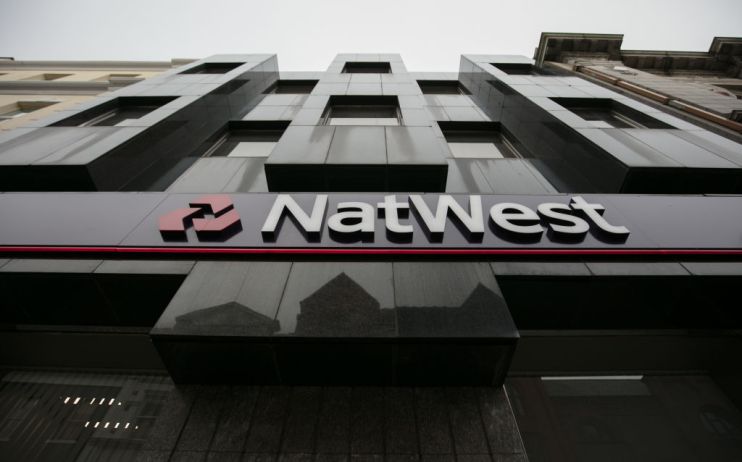Money laundering: NatWest calls criminal charges ‘disappointing’ as case moves to court

NatWest Group has insisted it is making financial crime detection a “key priority” as it faces criminal action by the City watchdog for alleged money-laundering failures.
In a speech to shareholders, ahead of the bank’s annual meeting on 28 April, NatWest chairman Sir Howard Davies called last month’s announcement of the launched criminal case “disappointing.”
“Detecting and preventing financial crime to protect people, families and businesses is a key priority for the group,” Davies told investors, adding that NatWest now has 4,000 staff dedicated to detecting and preventing financial crime.
He added the group has invested nearly £500m into anti-money laundering systems and controls in the past three years alone.
However, Davies did stress the bank “cannot tackle financial crime in isolation.”
“We work with other organisations, including industry bodies, law enforcement agencies, regulators and governments to help find solutions to this shared problem and to improve our own approach.”
Criminal proceedings
His comments come after the City watchdog, the Financial Conduct Authority (FCA), launched criminal proceedings against NatWest last month, for alleged failures under money-laundering rules.
It marks the first time the FCA launched a criminal prosecution under the money-laundering regulations and the first time the rules have been used to prosecute a bank.
The regulator alleges that “increasingly large cash deposits” were made into a NatWest customer’s account, with around £365m paid in, of which some £264m was in cash.
The FCA claims that NatWest’s systems and controls failed to properly monitor and scrutinise this activity, which took place between November 2011 and October 2016.
NatWest, which is 59.8 per cent owned by the government, was due to appear at Westminster Magistrates’ Court on 14 April, but the initial hearing has been adjourned to 26 May.
Simplifying the bank
Davies also told shareholders that the group was making “good progress” on its strategy to simplify the business and speed up its digital overhaul.
He said it was “unfortunate” for the group to post losses for 2020, after it was sent into the red by £351m against operating profits of £4.2bn in 2019.
It followed a £3.2bn impairment charge for the year, accounting for loans it expects could fail, to a large extent because of the economic stress caused by Covid-19.
“Most of that provision relates to potential future loan losses, the full extent of which will not be known until the impact of the pandemic on the economy becomes clearer,” he said.
“Although the persistent low interest rate environment and ongoing Covid-19 restrictions will continue to challenge the financial performance of all UK banks for the foreseeable future, your group is well positioned to navigate the ongoing uncertainty,” Davies concluded.